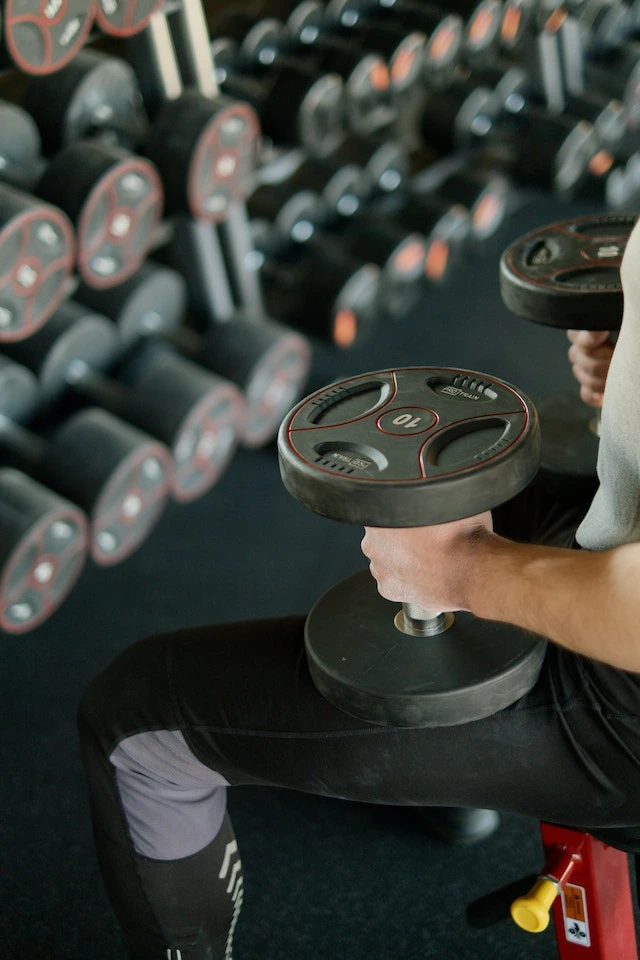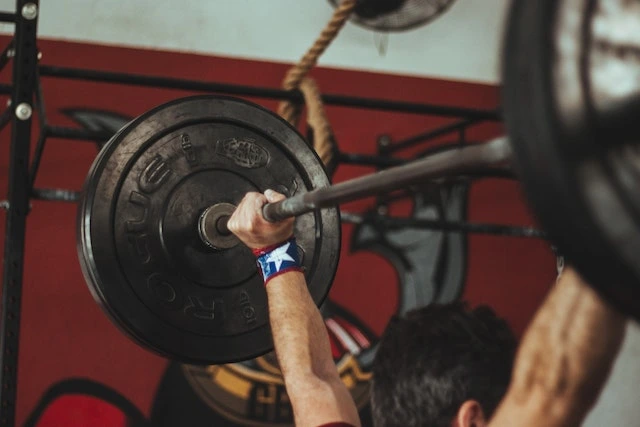Protein Before or After Workout?
“Protein before or after workout?” This is a question on everyone’s mind when trying to get the best results from his or her workouts. Protein is an essential nutrient for building and maintaining muscle mass, as well as supporting other bodily functions and timing the intake of this crucial nutrient is important.
Table of Contents
I had written earlier about what protein is, protein bars, and how much protein to consume for all activity levels. Here I try to answer the bigger question that is, when should one consume protein to optimize workout performance and recovery? As you will see there is no definitive answer to this question, as different factors may influence the optimal timing of protein intake. However, here are some general guidelines and tips to help you decide.
The science behind a Pre-workout and Post-workout Protein Intake
Various studies (1, 2, 3) have been conducted to find the best time for protein consumption for optimal gains. The summary of these and other published papers are as below as to how the body respond when taking protein before and after a workout –
Before a Workout
Consuming protein before a workout can provide several benefits, such as:
-
- Increasing muscle protein synthesis (MPS), which is the process of creating new muscle tissue from amino acids (the building blocks of protein).
-
- Reducing muscle protein breakdown (MPB), which is the process of losing muscle tissue due to exercise-induced stress or lack of nutrients.
-
- Enhancing muscle strength and endurance, as protein can provide energy and prevent fatigue during exercise.
-
- Improving muscle recovery and repair, as protein can help reduce inflammation and soreness after exercise.
The amount and type of protein you consume before a workout may depend on your goals, preferences, and tolerance. Generally, it is recommended to consume 0.25 to 0.4 grams of protein per kilogram of body weight (or 0.11 to 0.18 grams per pound) about 1 to 3 hours before exercise. This can be in the form of a protein shake, a snack, or a meal that contains high-quality protein sources, such as eggs, chicken, fish, dairy, soy, or whey.
After a Workout
Consuming protein after a workout can also provide several benefits, such as:
-
- Stimulating MPS and reducing MPB, which can lead to greater muscle growth and retention over time.
-
- Restoring muscle glycogen, which is the stored form of glucose (carbohydrate) that fuels muscle contraction during exercise.
-
- Replenishing electrolytes and fluids, which are lost through sweat during exercise and are important for maintaining hydration and muscle function.
-
- Supporting immune system function, as protein can help fight off infections and inflammation that may occur due to exercise-induced stress.
The amount and type of protein you consume after a workout may also depend on your goals, preferences, and tolerance. Generally, it is recommended to consume 0.25 to 0.4 grams of protein per kilogram of body weight (or 0.11 to 0.18 grams per pound) within 2 hours after exercise. This can be in the form of a protein shake, a snack, or a meal that contains high-quality protein sources, such as eggs, chicken, fish, dairy, soy, or whey.
Types of Workouts
As far as trainings go, it can be split into three – strength, cardio and a mix of both to provide a HITT type of workout such as CrossFit.
Strength training concentrates on building strength by lifting increasingly heavy weights for a pre-determined number of sets and reps. Also athletes concentrate on one to two body areas to concentrate during a strength training session. (link to building sandbag workouts).
Cardio training are those when you move fast. You get your heart racing and your muscles burning. The aim is to increase your lung capacity to improve stamina and endurance over long periods of time.
A mix of strength and cardio training has slowly gained popularity, is also known as HIIT (High Intensity Interval Training) where you lift weights and do cardio workouts in the same session. CrossFit style workouts is one example. This tests your endurance and cardio performance by lifting weight quickly.
These types of workouts require planning as to how to power and feed your body for optimal results. The following provides some clarity on this interesting but complex question as wo when to consume your protein shake or bar.
Timing of Protein Intake
Strength Training
If you are into strength training, you might have wondered when is the best time to consume protein. Protein is an essential nutrient that helps your muscles grow and repair after a workout. But does it matter if you take it before or after a strength training session? Here are some facts and tips to help you decide.

Protein Timing: What Does the Research Say
Protein timing is a dietary strategy that involves consuming protein in and around a training session to optimize muscle strength and hypertrophy (growth) . The idea is that by providing your muscles with amino acids (the building blocks of protein) during a time when they are most sensitive to stimulation, you can enhance their recovery and adaptation.
However, the research on protein timing is not conclusive. Some studies have found that consuming protein either before or after a workout can increase muscle protein synthesis (the process of making new muscle tissue) , while others have found no significant difference compared to consuming protein at other times of the day .
One possible reason for the conflicting results is that protein timing may depend on other factors, such as the total amount of protein you consume throughout the day, the type and quality of protein you choose, and the intensity and duration of your workout .
For Strength Training – Practical Recommendations
Based on the current evidence, it seems that protein timing is not as important as protein quantity and quality for strength training. As long as you consume enough protein (1.2 to 2 grams per kilogram of body weight per day) from high-quality sources (such as whey, casein, soy, pea, rice, or hemp) that contain all the essential amino acids, you can achieve your strength and hypertrophy goals .
However, this does not mean that protein timing is irrelevant. Consuming protein before or after a workout may still have some benefits, such as:
-
- Providing energy for your workout and preventing muscle breakdown if you train in a fasted state or have not eaten for several hours .
-
- Enhancing muscle blood flow and delivering more amino acids to your muscles during your workout if you consume a fast-digesting protein (such as whey) before training .
-
- Stimulating muscle protein synthesis and replenishing muscle glycogen (stored carbohydrate) if you consume a combination of protein and carbohydrate within two hours after your workout .
-
- Reducing muscle soreness and inflammation if you consume a slow-digesting protein (such as casein) before bed .
Therefore, a practical approach to protein timing for strength training is to:
-
- Consume a balanced meal that contains protein, carbohydrate, and fat 3 to 4 hours before your workout .
-
- Consume a small snack that contains 20 to 40 grams of fast-digesting protein (such as whey) 30 to 60 minutes before your workout .
-
- Consume another snack that contains 20 to 40 grams of protein and 60 to 120 grams of carbohydrate within two hours after your workout .
-
- Consume a large meal that contains protein, carbohydrate, and fat 3 to 4 hours after your workout .
-
- Consume a small snack that contains 20 to 40 grams of slow-digesting protein (such as casein) before bed .
Of course, these are general guidelines that may vary depending on your individual needs, preferences, and goals. You may need to experiment with different amounts and types of protein at different times to find what works best for you.
Cardio Training
If you are wondering when is the best time to consume protein, before or after a cardio workout, you are not alone. Many people have different opinions and preferences on this topic, as the timing of protein consumption may also affect how well your muscles recover and grow after a cardio workout.
Before Cardio Workout

Some people prefer to consume protein before a cardio workout, believing that it will provide them with energy and prevent muscle breakdown during exercise. However, this may not be the best strategy for everyone. Consuming protein before a cardio workout may have some drawbacks, such as:
-
- It may slow down your digestion and make you feel bloated or uncomfortable during exercise.
-
- It may reduce your appetite and make you eat less after exercise, which could compromise your recovery and muscle growth.
-
- It may interfere with your fat burning and limit your performance during exercise.
After Cardio Workout
On the other hand, some people prefer to consume protein after a cardio workout, believing that it will enhance their recovery and muscle growth. This may be a better strategy for most people, as consuming protein after a cardio workout may have some benefits, such as:
-
- It may stimulate muscle protein synthesis and promote muscle repair and growth.
-
- It may replenish your muscle glycogen stores and improve your energy levels for your next workout.
-
- It may increase your metabolism and help you burn more calories throughout the day.
For Cardio Training – Practical Recommendations
For cardio based training if you want to maximize your fat burning and performance during exercise, you may want to avoid consuming protein before a cardio workout. If you want to optimize your recovery and muscle growth after exercise, you may want to consume protein within an hour after a cardio workout. However, the most important thing is to consume enough protein throughout the day, regardless of when you exercise. Aim for at least 0.8 grams of protein per kilogram of body weight per day, or more if you are very active or have high muscle mass.
Here are some practical tips on how to consume protein before and after a cardio workout:
-
- If you choose to consume protein before a cardio workout, opt for a light snack that contains about 10-20 grams of protein and some carbohydrates. For example, you could have a yogurt with some granola, a slice of toast with peanut butter, or a protein bar.
-
- If you choose to consume protein after a cardio workout, opt for a meal or snack that contains about 20-40 grams of protein and some carbohydrates. For example, you could have a chicken salad sandwich, a smoothie with whey protein powder and fruit, or a bowl of oatmeal with milk and nuts.
-
- Experiment with different types of protein sources and see what works best for you. You can choose from animal sources (such as meat, eggs, dairy, fish) or plant sources (such as beans, lentils, tofu, quinoa). You can also use protein supplements (such as whey, casein, soy) if you need extra convenience or variety.
Mixed Mode Training
If you are a fan of high-intensity interval training (HIIT), you may wonder when is the best time to consume protein to maximize your performance and recovery.

Before a HIIT workout
Consuming protein before a HIIT workout can help you prepare your muscles for the intense exercise and prevent muscle breakdown. Protein can also provide some energy for your workout, especially if you combine it with carbohydrates. According to a study by Hill et al. (2022), for high-intensity workouts (long distance running, CrossFit, and HIIT classes), it’s in your best interest to eat protein and carbs 30 to 45 minutes before and after. This can help you boost your endurance, strength, and power during the workout, and replenish your glycogen stores and stimulate muscle protein synthesis after the workout.
After a HIIT workout
Consuming protein after a HIIT workout can help you repair the muscle damage caused by the intense exercise and promote muscle growth. Protein can also help you reduce muscle soreness and inflammation, and enhance your recovery. According to a study by Schoenfeld et al. (2017), it doesn’t matter whether you drink a protein shake before or after your workout in terms of optimizing muscle repair and growth. What matters most is your total daily protein intake, which should be around 1.6 grams per kilogram of body weight, or about 130 grams of protein for an average person.
For HIIT Training – Practical Recommendations
Some experts suggest that consuming protein within two hours after a HIIT workout can help you maximize the muscle protein synthesis response. This is because your muscles are more sensitive to amino acids (the building blocks of protein) after exercise, and can use them more efficiently to repair and grow. Therefore, having a protein shake or snack after a HIIT workout can be a convenient and effective way to provide your muscles with the nutrients they need.
Protein Rich Foods to Improve Workout
Suggestions for protein-rich foods/ snacks for pre and post workout intake

Pre-Workout
-
- Banana with peanut butter
-
- Yogurt with granola
-
- Protein bar or shake
-
- Turkey sandwich on whole-wheat bread
Post-Workout
-
- Whey or plant-based protein shake with water or milk
-
- Chocolate milk
-
- Cottage cheese with fruit
-
- Chicken salad with greens
The amount of protein that you need before and after a workout is similar to what you need before: 0.25 grams of protein per kilogram of body weight, or about 20 grams of protein for an average person.
Conclusion
Protein is a vital nutrient for anyone who exercises regularly, as it can help improve performance, recovery, and muscle health. The best time to consume protein may vary depending on individual factors, but a general rule of thumb is to consume some protein before and after a workout to maximize the benefits. However, it is also important to consider your total daily protein intake and distribution throughout the day, as well as your overall diet quality and balance.
Hope you found this useful. Check out my other posts on nutrition as well.




